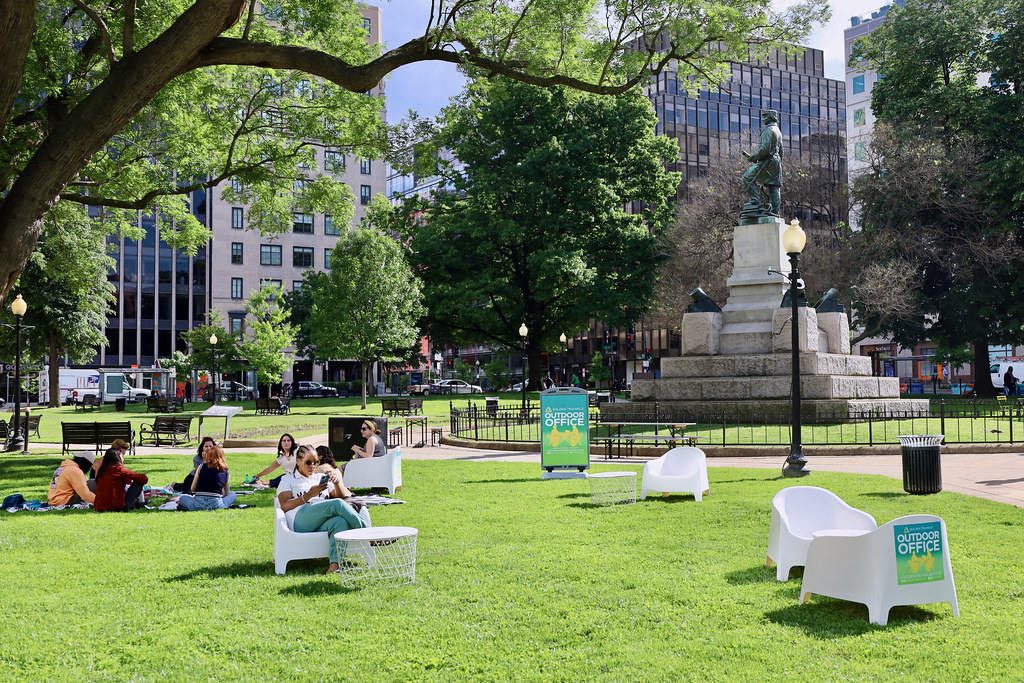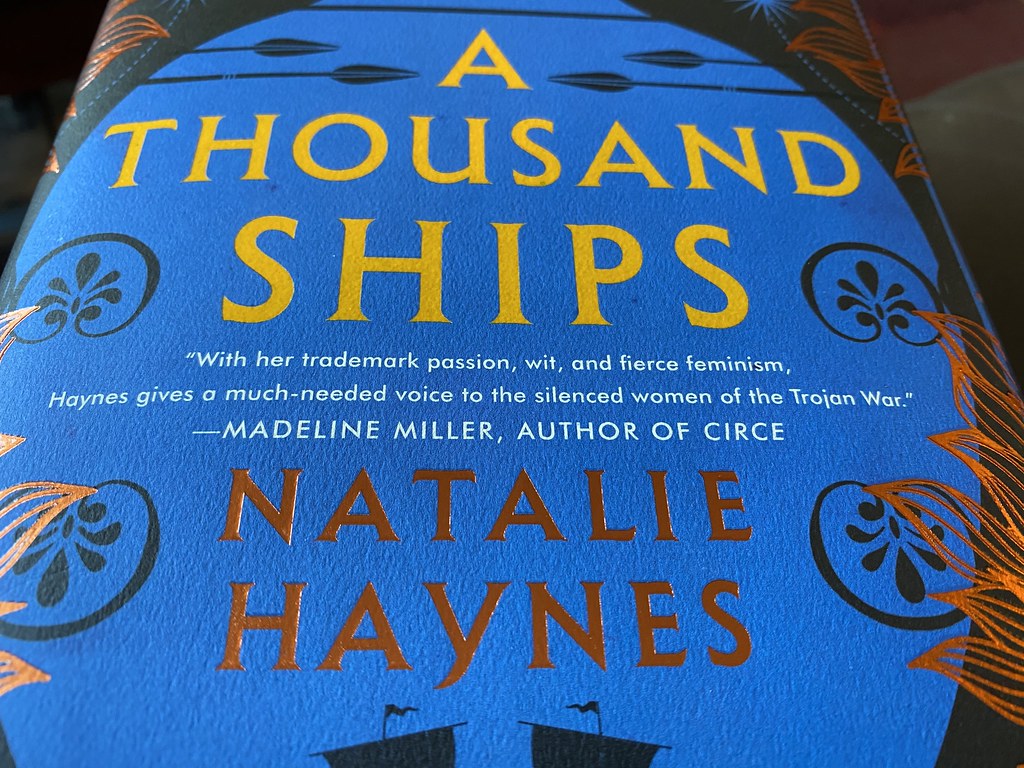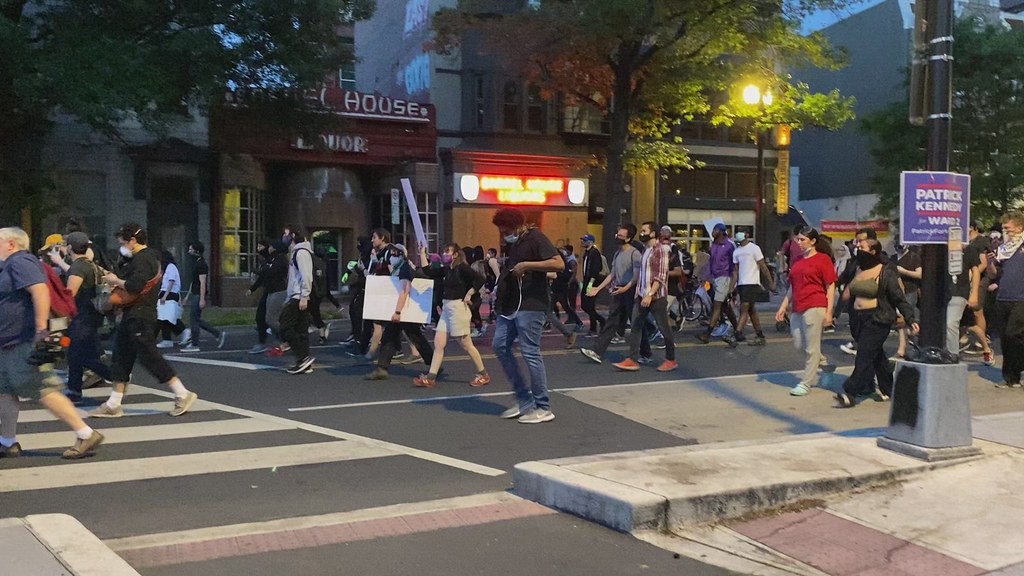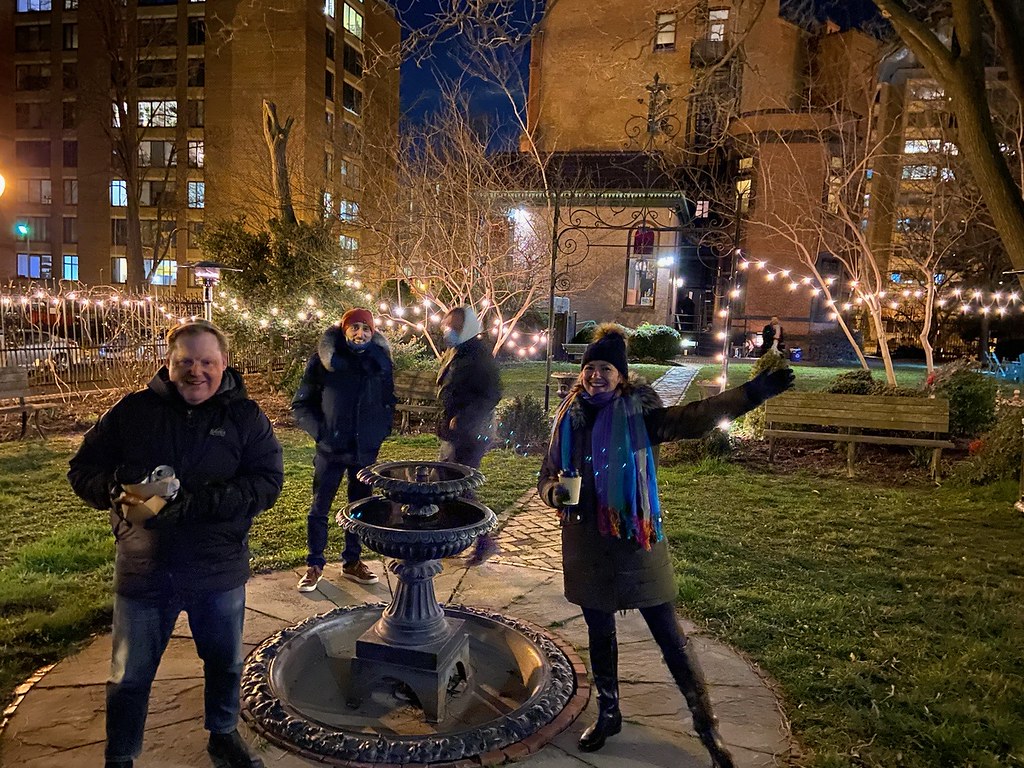 While the novel Dune by Frank Herbert has its science fiction elements, it’s really a book about politics and manipulation.
While the novel Dune by Frank Herbert has its science fiction elements, it’s really a book about politics and manipulation.
I’ve read it three times, having just finished it again in anticipation of the upcoming film by Denis Villeneuve. At first glance, the novel appears to be the classic Hero’s Journey in which a young man loses his father, gains new skills and allies, and then defeats his enemies to restore the world.
Herbert presents and subverts this familiar tale. As he says in the book, “No more terrible disaster could befall your people than for them to fall into the hands of a Hero.”
The novel is a warning about charismatic leaders, though that’s easy to miss in this exotic story of Fremen, sandworms and spice. Herbert is telling readers to think for themselves, and to ponder the way that leaders manipulate their people.
Masses Manipulated by Rulers
The Dune universe is one in which the masses are manipulated by their rulers. Even the good Duke Leto brags that he has the best propaganda corps in the business.
We see this most notably in the way that Paul and Jessica Atreides adopt the myth of a redeemer to cement their hold on the Fremen people and restore the House Atreides to power. The Fremen were seeded with this myth by the Missionaria Protectiva, an arm of the Bene Gesserit that plants superstitions among primitive peoples for later exploitation. Jessica knows the myth and rituals and is able to use them to make Paul the divine leader of the Fremen.
Yet, chaos is the rule of the universe. The Kwisatz Haderach comes too soon for the Bene Gesserit and is beyond their control. And even this omniscient being cannot control the jihad that the Fremen will wreak upon the universe.
Stagnation is the greatest enemy, according to Herbert, and humankind must be periodically refreshed by the kind of wild mingling of genes that occurs only during wartime.
Butlerian Jihad
This jihad is an echo of an earlier one: The Butlerian Jihad. While this is often characterized as a revolt against machines, it was a rebellion against the rulers who controlled the machines. As Herbert states early in Dune:
Once men turned their thinking over to machines in the hope that this would set them free. But that only permitted other men with machines to enslave them.
The jihad began when the people discovered that their choices were being manipulated. Free will was an illusion. The course of their lives were being altered by men with computers.
Sound familiar?
Men with Machines
Frank Herbert had his own kind of prescience.
Writing in 1965, he could see our future, in which our decisions are manipulated by social media algorithms through the reinforcement and discouragement of certain behaviors.
What path are men like Mark Zuckerberg and Jeff Bezos subtly sending us down? It’s not the golden path of the Bene Gesserit, seeking to better humanity. Instead, it’s all about the likes. Hate likes, love likes, fear likes – all that engagement adds up to greater wealth and power for the social media titans.
In the Dune universe, people rebelled against this kind of manipulation, though it plunged thousands of worlds into chaos. Shorn of their computing devices, humankind was forced to develop its innate potential, producing human computers like mentats, Guild navigators for safe space travel, and the Bene Gesserit with their exquisite mind-body control and limited prescience.
Butlerian Jihad 2.0
Back in the 1990s, I believed that the Internet was a democratizing force. Anyone could create their own web site – even me. This exciting new medium was a way to get around the traditional gatekeepers and let human creativity bloom.
Yet, the diverse and funky Internet that I was a part of is no more. Instead, the network has been taken over by global social media conglomerates with very different agendas from connecting the world’s people.
Why would you connect the world’s people unless you wanted to control them? Even the noblest soul would be tempted to manipulate users during a crisis (for example: now). You might think you’re doing something good, by raising some voices and silencing others, but it’s still manipulation.
A situation that Frank Herbert would instantly recognize. The machines themselves are not bad; it’s the men who control them that we should suspect. We’ve all been impacted by social media – consider your attention span – and we should ask how these men with machines are controlling our lives.
The Butlerian Jihad did away with thinking machines. There was a new commandment, with the penalty of death for anyone who violated it:
Thou shalt not make a machine in the likeness of a human mind.
Frank Herbert had a healthy skepticism for leaders of all types. His view was that we are too ready to surrender our will to others, whether they be a charismatic hero or a powerful man with a machine.
Maybe it’s time for our own Butlerian Jihad.











